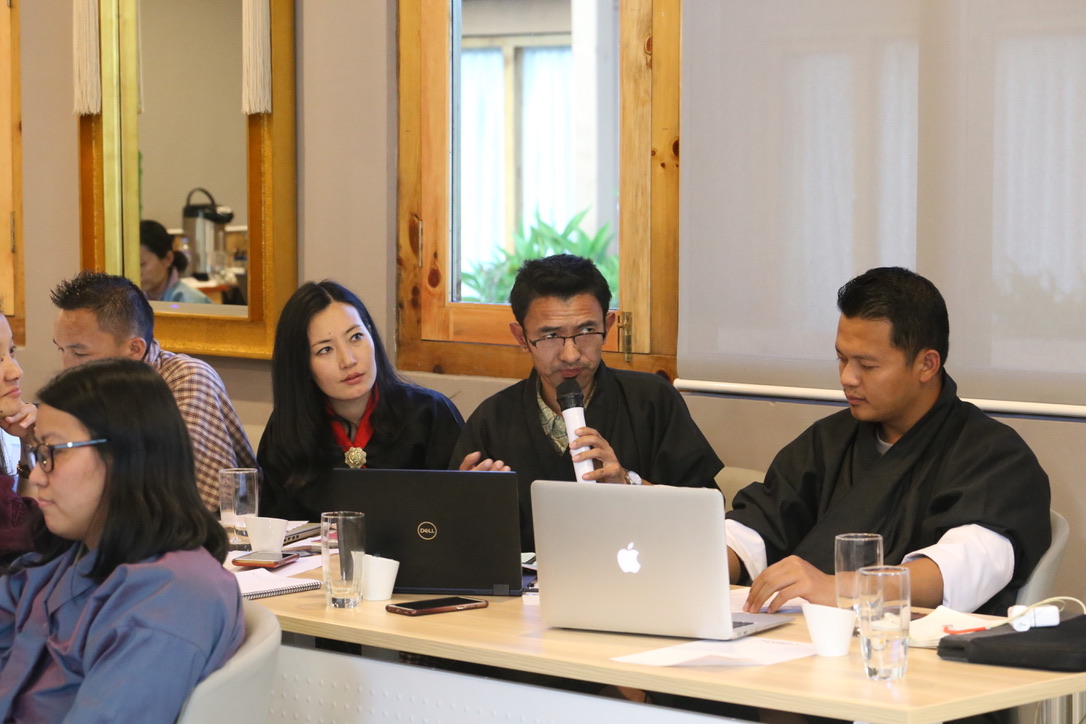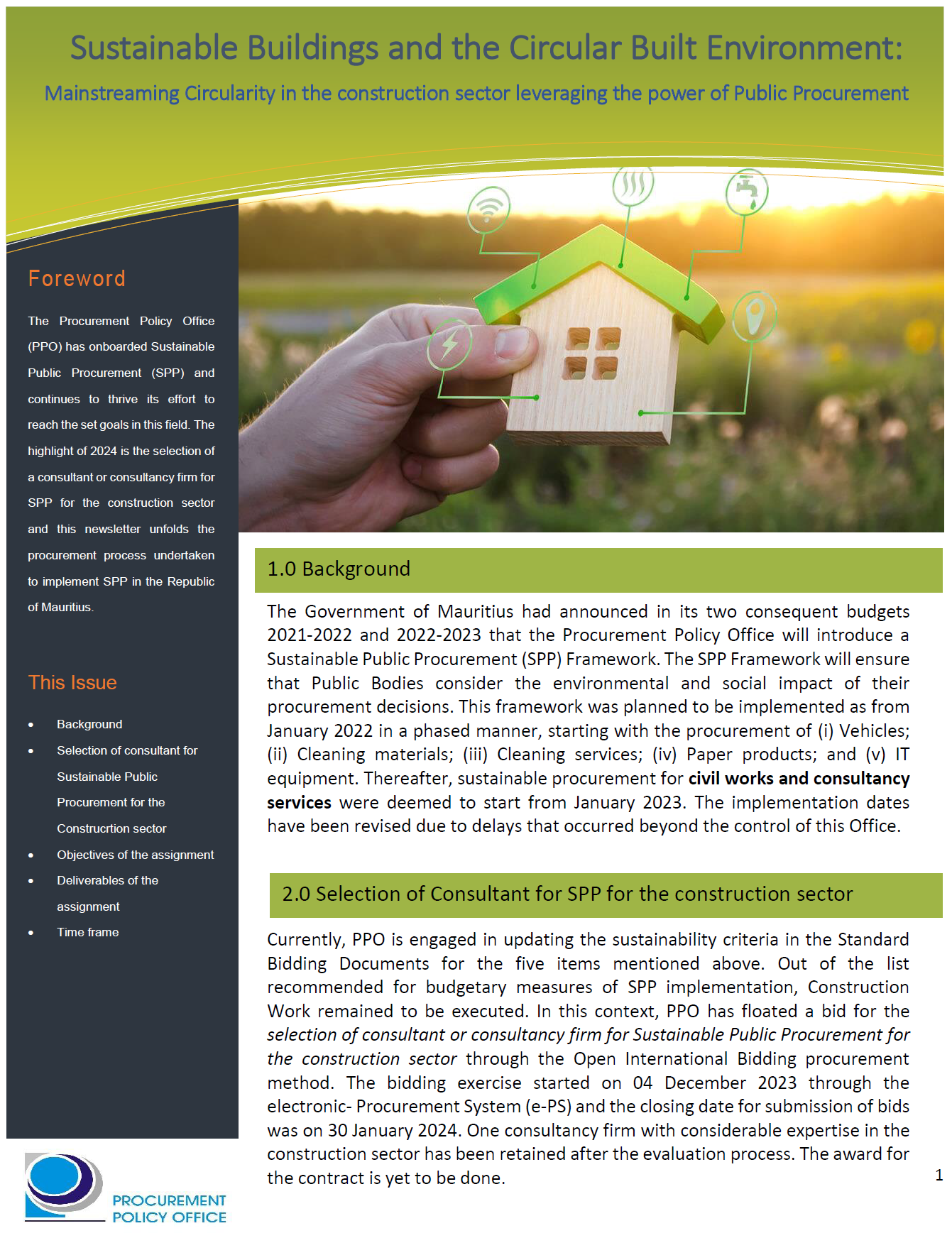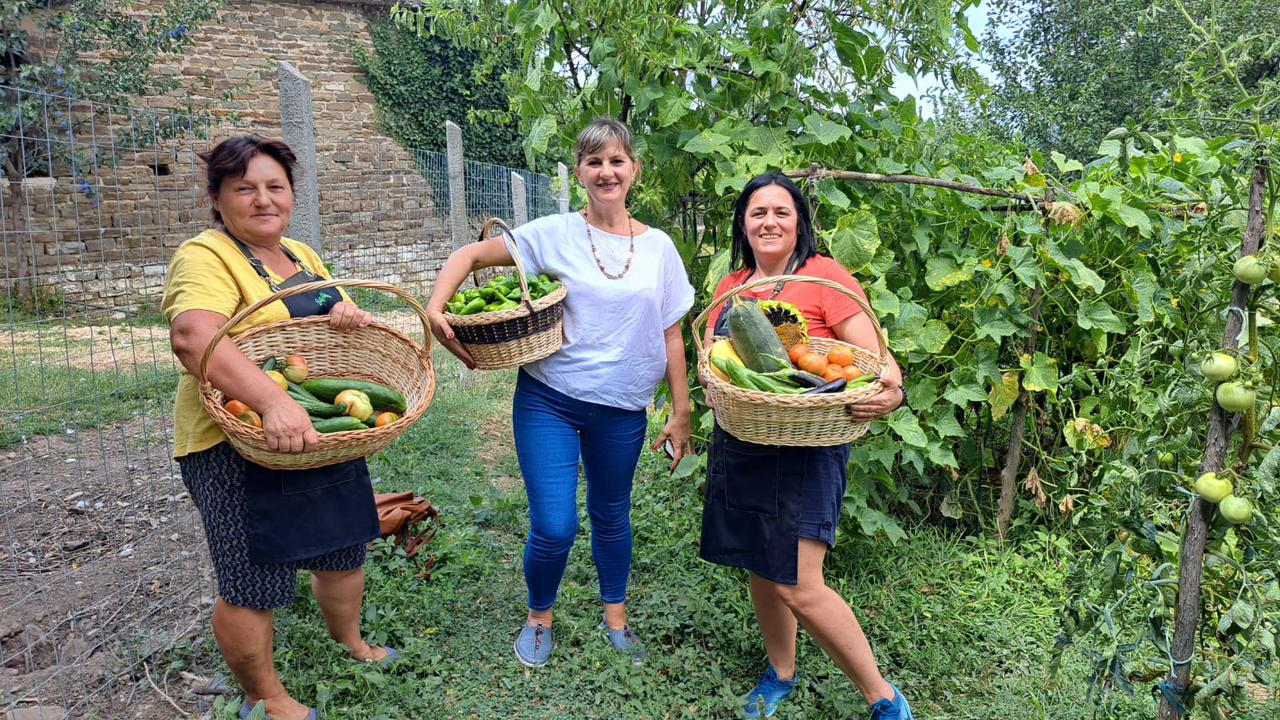Strengthening institutional and technical capacities for SCP
The project aims at supporting Argentina, Bhutan and Senegal through: 1) strengthening of the national institutional and technical capacities needed to create a culture of SCP across governments and communities; 2) scientific methodologies to support the design and implementation of strategic SCP policies, identifying high-impact sectors and areas of intervention; 3) access to expert networks and existing solutions to successfully implement policy instruments.
Many countries worldwide have taken action over the last 20 years to address unsustainable consumption and production patterns. Despite this positive trend, strategic decisions and impactful implementation at scale remain challenging. Among the key factors that can support countries in their efforts to create the enabling environment for SCP and engage into a transformation of their economies towards sustainability, the following have been identified: 1) strengthening coordination and policy integration across ministries, engaging all those with relevant portfolios, while making SCP part of the institutional culture and body of knowledge of public administrations; 2) the institutionalization of SCP, working in close cooperation with all stakeholders, governmental and non-governmental, to create a sense of national ownership and bring SCP objectives at the heart of the country’s development plan and vision for the future in the context of the SDGs; 3) access to and use of scientific tools and methodologies to identify high impact sectors (“hotspots”) and guide the design of strategic policies with the potential to significantly improve resource efficiency and reduce environmental damages, taking into account socio-economic implications; 4) developing specific capacities and skills at a technical level, within institutions and public administrations, to anchor SCP approaches into everyday practices in the area of policy development, planning and implementation; 5) access to expert networks and existing solutions to successfully implement policies (policy instruments), together with opportunities to learn from others’ experience, in order to replicate best practices while adapting them to national contexts; 6) solid methodologies to monitor progress and anticipate and/or measure impacts of action to inform strategic decisions and potential corrective measures.
The objective of this project led by the 10YFP Secretariat with the support of the UN Development Account and in close cooperation with One Planet network is to support, in countries, the mainstreaming of the SCP agenda through inter-ministerial coordination, multi-stakeholder dialogue and capacity-building; the development and adoption of a national strategy for sustainable consumption and production; and the piloting of a strategic and cost-effective policy instrument in the context of national priority sectors.
The project is currently being implemented. In Bhutan, an SCP Hotspot Analysis report has been issued and a first national roundtable on SCP held in October 2019, back to back with the countries' consultations on the new National Environmental Strategy. As a result, SCP has been acknowledged as an underlying principle and objective of this strategy. More activities will be conducted in the three countries in 2020.
Image

Project start date
15/11/2018
Project end date
30/09/2021

